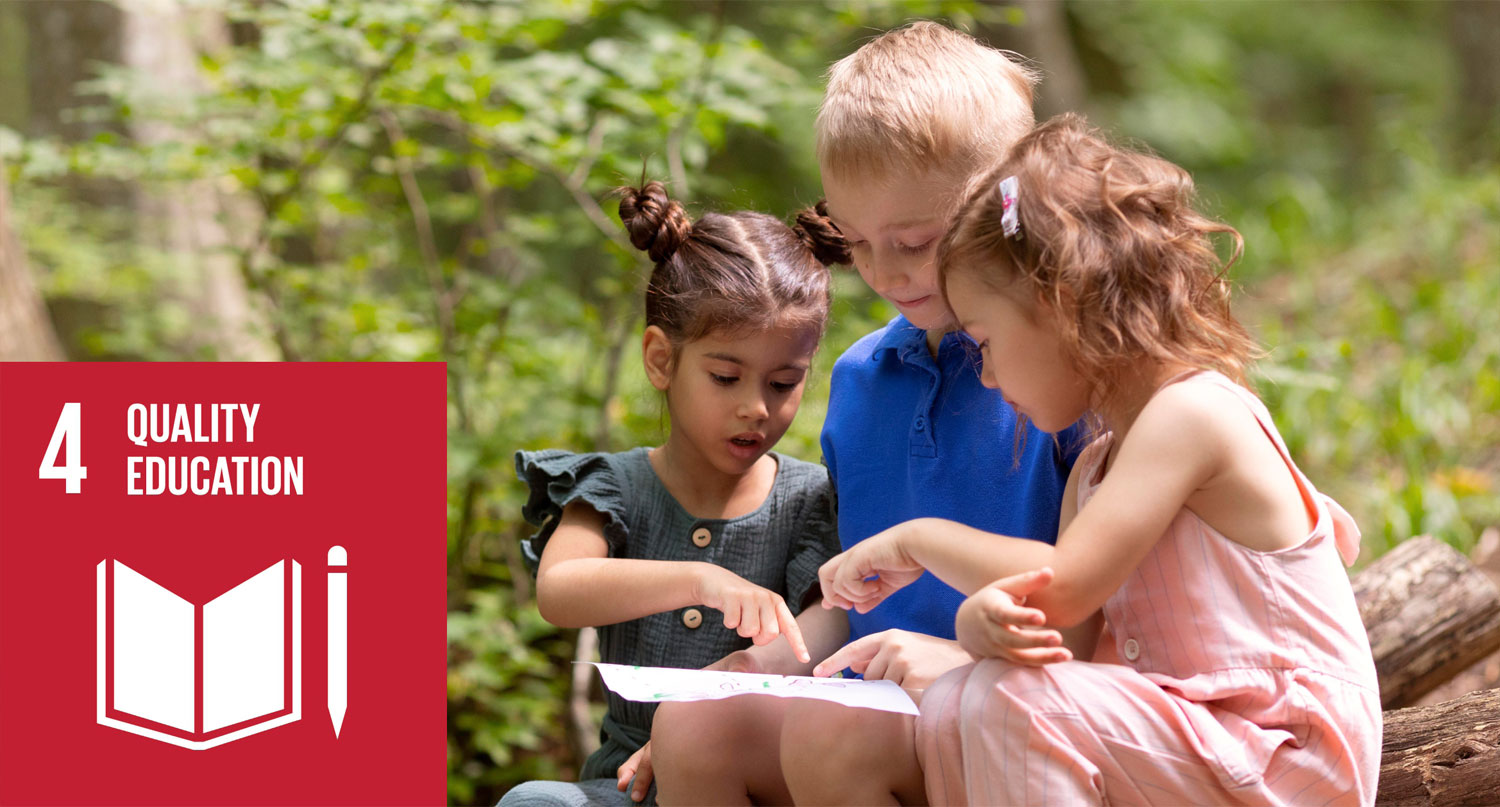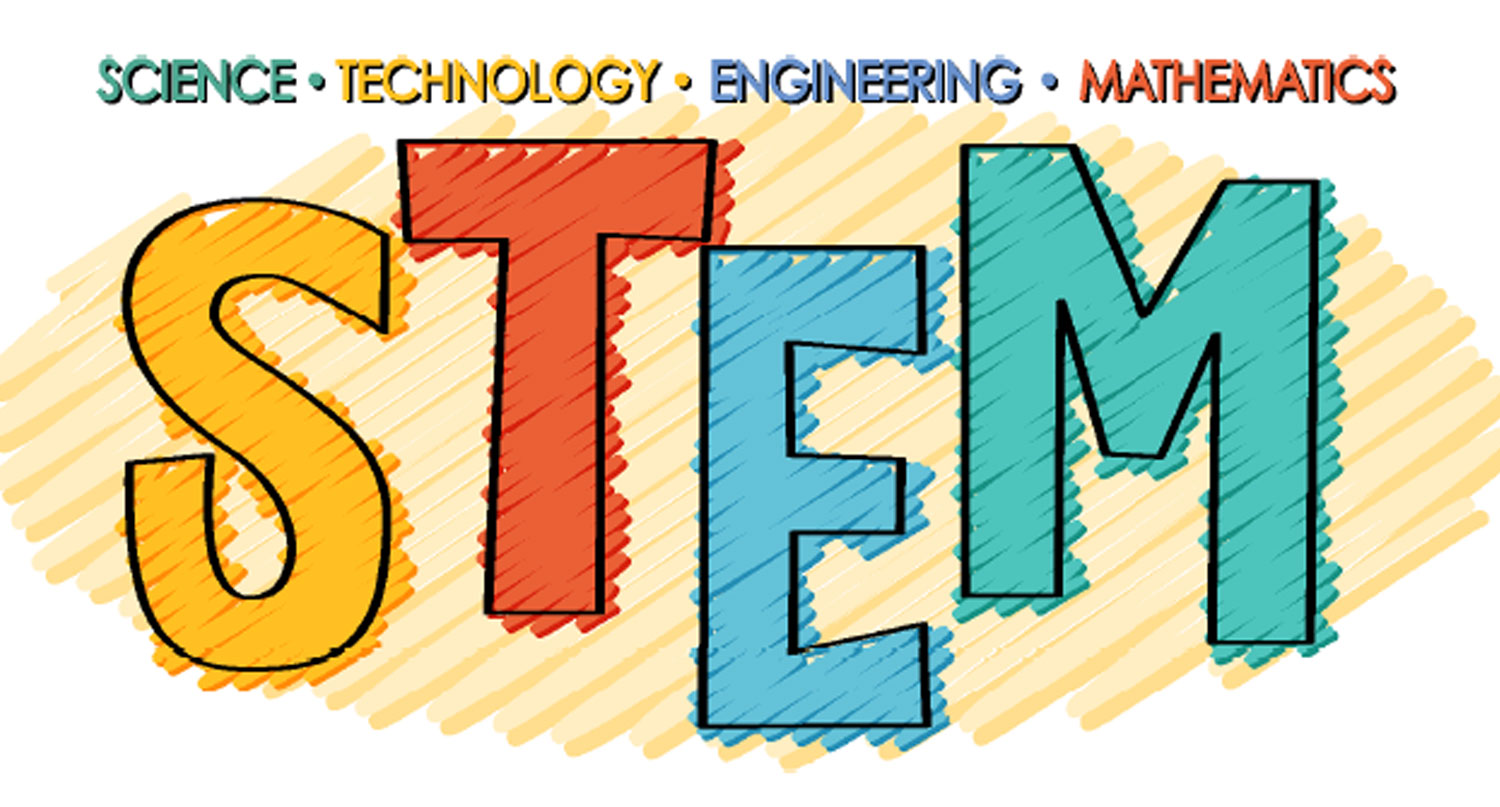
ACCESS TO NATURE FOR EVERY CHILD
SDG4 FOR EVERY CHILD
GREEN SCHOOL FOR EVERY CHILD
GREEN GAMES FOR EVERY CHILD
GREEN CURRICULUM FOR EVERY CHILD
GREEN STEM FOR EVERY CHILD
GREEN ACCREDITATION FOR EVERY SCHOOL
GREEN TEACHERS FOR EVERY SCHOOL
GREEN AUDITS FOR EVERY SCHOOL
GREEN OFFSETS FOR EVERY BUDGET
GREEN UNIVERSITY FOR EVERY GRADUATE
GREEN GRADUATES FOR EVERY JOB
GREEN PRIZE FOR EVERY ENTERPRISE
GREEN DIPLOMACY FOR EVERY DEMOCRACY

Access to the natural world and learning about nature are indeed considered fundamental rights of every Child. This concept acknowledges nature’s essential role in a child’s physical, emotional, cognitive, and social development.
Why access to the natural world and nature-based learning is crucial for every Child?
Recognizing access to nature and nature-based learning as a fundamental right of every child underscores the importance of creating inclusive, safe, and welcoming outdoor spaces.
It also emphasizes the need to integrate nature education into formal and informal educational settings to ensure every child can connect with the natural world and develop a strong sense of environmental stewardship.

Green Mentors’ mission aligns with SDG4, which focuses on quality education for every child. Green Mentors’ commitment to education and environmental sustainability contributes to achieving the targets set by SDG4.
How Green Mentors’ mission aligns with the objectives of SDG4:
Green Mentors’ mission to promote environmental education and sustainability aligns closely with the goals and targets of SDG4. By empowering children with knowledge, skills, and values related to the environment, Green Mentors contribute to creating a more sustainable and inclusive educational landscape that benefits every child.

Green Mentors’ mission of establishing a “Green School for every Child” reflects a profound commitment to environmental education, sustainability, and the well-being of future generations.
The mission encompasses creating a network of environmentally conscious educational institutions that prioritize holistic learning experiences for children while fostering a deep connection to nature.
An elaboration on “Green School for Every Child.”
Green Mentors’ “Green School for Every Child” mission embodies a vision of education beyond traditional classroom boundaries. By connecting education with environmental consciousness, this mission contributes to a sustainable and thriving future for children and the planet.

Green Mentors’ “Green Games for Every Child” mission represents a creative and engaging approach to educating children about environmental sustainability.
This mission uses games and interactive activities to teach children the importance of environmental conservation, ecological systems, and responsible behavior.
Here’s a closer look at the significance and benefits of this mission:
Green Mentors’ Green Games for Every Child mission harnesses the power of play to educate and inspire the next generation of environmentally conscious individuals.
By providing children with interactive experiences that foster a love for nature and an understanding of sustainability, this mission contributes to building a more ecologically responsible and sustainable future.

Green Mentors’ “Green Curriculum for Every Child” mission reflects a commitment to integrating environmental education into schools’ core curriculum.
This mission ensures that every child receives comprehensive and structured learning about environmental sustainability, ecological systems, and responsible citizenship.
Benefits of this mission:
dimensions of sustainability.
Green Mentors’ Green Curriculum for Every Child mission envisions education that equips students with the knowledge, skills, and values needed to address complex environmental challenges and contribute to a more sustainable world.
By integrating environmental education into every child’s learning journey, this mission helps shape a future where environmental stewardship is a fundamental aspect of education.
By providing children with interactive experiences that foster a love for nature and an understanding of sustainability, this mission contributes to building a more ecologically responsible and sustainable future.

Green Mentors’ “Green STEM for Every Child” mission emphasizes integrating environmental concepts into science, technology, engineering, and mathematics (STEM) education for every student. This mission aims to equip students with the knowledge and skills to address environmental challenges using STEM disciplines.
Significance of this mission:
Green Mentors’ Green STEM for Every Child mission aligns with the growing importance of incorporating environmental education into STEM subjects.
By connecting STEM disciplines with real-world environmental issues, this mission prepares students to be innovative problem solvers and responsible stewards of the planet.
By providing children with interactive experiences that foster a love for nature and an understanding of sustainability, this mission contributes to building a more ecologically responsible and sustainable future.

Green Mentors’ mission of achieving “Green Accreditation for Every School” reflects a commitment to promoting sustainable practices, environmental consciousness, and a culture of responsibility in educational institutions.
This mission entails working towards a world where schools of all types and levels are recognized and accredited for implementing environmentally friendly policies, practices, and curricula.
Features of the mission:
Green Mentors’ “Green Accreditation for Every School” mission envisions a world where education and sustainability go hand in hand. The mission sets the stage for a brighter and more responsible future for students, communities, and the planet by accrediting schools that prioritize environmentally friendly practices.

Green Mentors’ mission of ensuring “Green Teachers for Every School” reflects a commitment to empowering educators with the knowledge, skills, and values needed to integrate environmental education and sustainability principles into their teaching practices.
This mission envisions a world where teachers across all disciplines are equipped to inspire students to become environmentally conscious and active global citizens.
Reasons for this mission:
Green Mentors’ “Green Teachers for Every School” mission recognizes educators’ pivotal role in shaping future generations.
By equipping teachers with the skills to integrate environmental education, this mission ensures that students develop a deep appreciation for the environment and are prepared to tackle the complex environmental challenges of the 21st century.

Green Mentors’ mission of conducting “Green Audit for Every School” reflects a commitment to assessing and improving the environmental sustainability of educational institutions.
This mission evaluates schools’ practices, resource consumption, and environmental impact while promoting sustainable behaviors and practices.
An exploration of the significance and benefits of this mission:

Green Mentors’ mission to finance education through green offsets for every enterprise’s budget combines environmental responsibility with supporting education accessibility.
This mission envisions a partnership between businesses and educational institutions to fund education through carbon offset initiatives. Benefits of this innovative approach:
Green Mentors’ mission to finance education through green offsets for every enterprise’s budget offers an innovative solution that benefits education, the environment, and society as a whole.
By forging partnerships between businesses and educational institutions, this mission exemplifies the potential for collaborative efforts to drive positive change on multiple fronts.

Green Mentors’ mission of establishing a “Green University for Every Graduate” reflects a commitment to higher education institutions prioritizing sustainability, environmental consciousness, and holistic development.
This mission aims to ensure that every graduate receives an education that equips them with academic knowledge and instills a deep understanding of environmental issues, ethical responsibility, and a commitment to creating a more sustainable world.
Reason for this mission:
Green Mentors’ mission of establishing a Green University for Every Graduate envisions a higher education landscape prioritizing sustainability, holistic learning, and ethical leadership.
Green universities are crucial in nurturing informed, responsible, and empowered individuals who will contribute to a more sustainable and just world.

Green Mentors’ mission of providing “Green Graduates for Every Job” underscores a commitment to equipping graduates with the knowledge, skills, and values necessary to contribute to environmentally conscious practices in their careers. This mission focuses on preparing graduates to integrate sustainability principles into their professional roles, regardless of the industry.
The significance of this mission:
Green Mentors’ mission of providing Green Graduates for Every Job is integral to creating a workforce prepared to address the environmental challenges of the future.
Green Graduates contribute to a more resilient, equitable, and sustainable world by infusing sustainability into various professions.

Green Mentors’ mission of providing a “Green Prize for Every Enterprise” signifies a commitment to recognizing and rewarding businesses and organizations that demonstrate exceptional environmental stewardship and sustainability practices.
This mission aims to encourage and incentivize enterprises to adopt environmentally responsible practices, reduce their ecological footprint, and contribute to a more sustainable future.
Benefits of this mission:
Green Mentors’ mission of providing a Green Prize for Every Enterprise incentivizes and celebrates businesses and organizations prioritizing sustainability.
This mission encourages positive change, promotes innovation, and contributes to a more environmentally conscious business landscape by recognizing and rewarding exceptional efforts.

Green Mentors’ mission of “Green Diplomacy for Every
Democracy” reflect a commitment to fostering environmental diplomacy and promoting responsible governance practices prioritizing sustainability and the well-being of people and the planet. This mission highlights the interconnectedness between international relations, environmental stewardship, and democratic values.
Significance of this mission:
Green Mentors’ mission of Green Diplomacy for Every Democracy recognizes the importance of integrating environmental considerations into diplomatic efforts and democratic governance.
By promoting sustainable development, equitable policies,
and international cooperation, this mission contributes to a more just,
resilient and environmentally conscious global community.
Green Mentors is a non-government responsible education solution provider organization having special consultative status with the Economic and Social Council (ECOSOC) of the United Nations.
